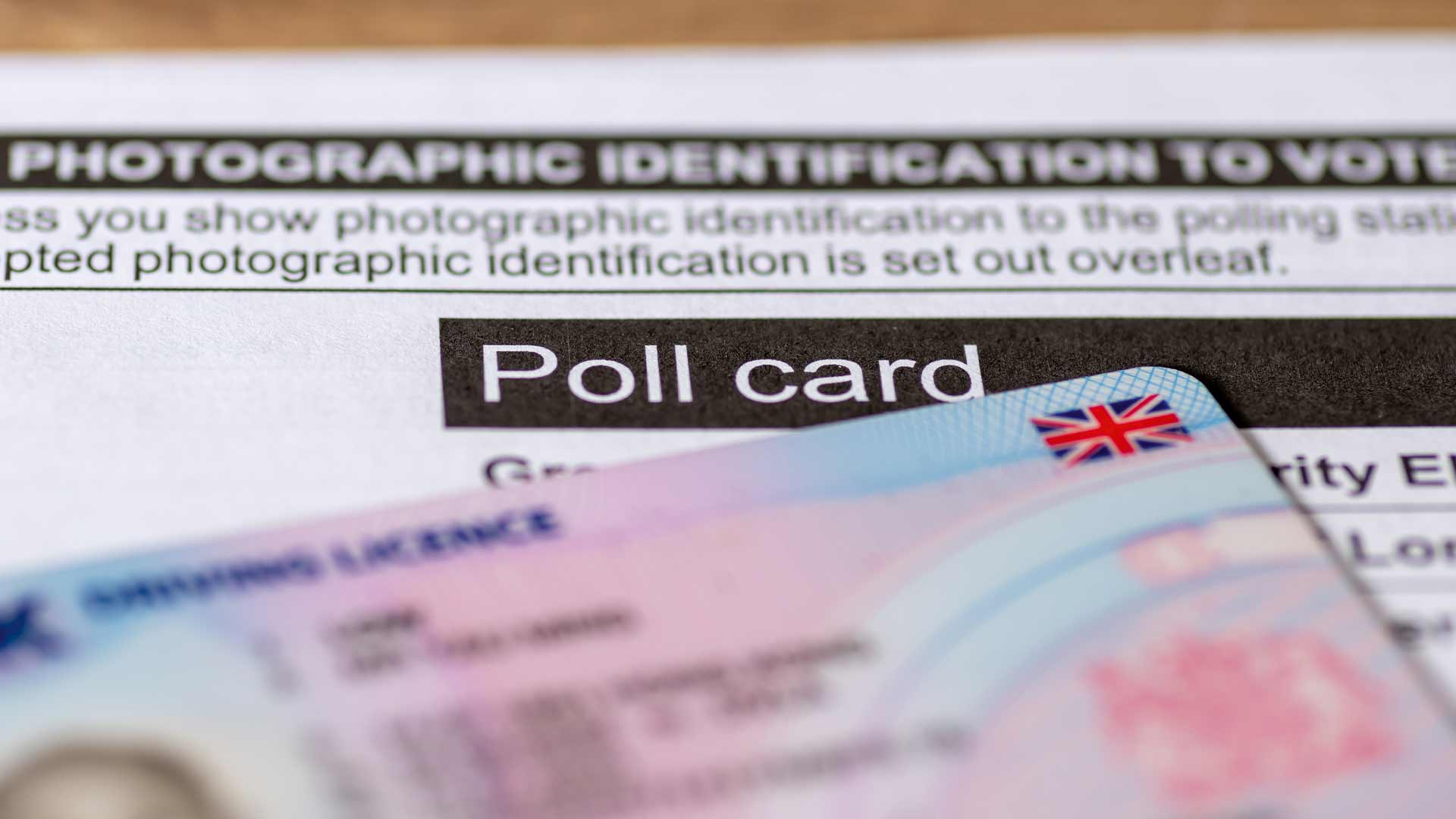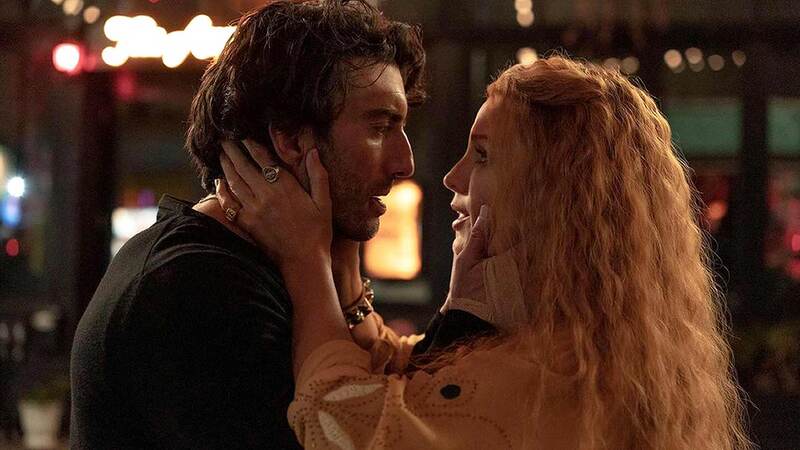You are viewing your 1 free article this month. Login to read more articles.
Power readers
UK publishing is worth £11bn to the UK economy, supporting 84,000 jobs, but do the political parties value the industry enough to make it a priority?

Here’s a fun thing to do, download the political manifestos of the leading contenders in the general election, and search for some relevant words, “book”, for example, or “arts”, if you must, or “library”, if you truly want to despair, or “retail”, if you want to go granular. The Conservative manifesto contains three references to books (none relevant to us), one mention of arts (venues), one of libraries, and one tangential reference to retail; the Liberal Democrats have plenty on arts education in schools (good for them), but not a single reference to books, or libraries, or retail. The word “author” is absent from both of them.
I don’t wish to complain. The government caught everyone out with the snap election (including itself), and it’s tough to cover all bases. As the Publishers Association said this week, there are positives in both documents. The Conservatives are relatively clear about protecting creators when their work is used in artificial intelligence, while the Liberal Democrats have pledged to protect arts funding as part of the National Lottery, as well as within schools, and in addition want to reform rates. The Labour Party manifesto had not yet been published as I wrote this. Meanwhile, the Greens are promising an extra £5bn through local authorities for arts, museums and libraries. There is also a sense, more generally, that books are doing okay. As the PA also notes, UK publishing is worth £11bn to the UK economy, supporting 84,000 jobs and has the potential to grow by £5.6bn in the next decade. Yay us.
We have learned, too, that the number of books being read by children is falling with “reading decline particularly acute in secondary schools”, while according to research from the National Literacy Trust (NLT), fewer than a third (29%) of children say they enjoy writing in their free time
Except, books are not always as sure-footed as they appear to be. Last week I wrote about the withdrawal from festival funding by investment group Baillie Gifford after pressure from campaigners Fossil Free Books, prompting a discussion around where the new money comes from. Writing for The Bookseller this week, Fiona Razvi, founder and co-director of Wimbledon BookFest, says that it is “time to reflect on our role and value in the publishing ecosystem”, arguing that it is “uncertain how the funding gap will be bridged”.
We have learned, too, that the number of books being read by children is falling with “reading decline particularly acute in secondary schools”, while according to research from the National Literacy Trust (NLT), fewer than a third (29%) of children say they enjoy writing in their free time—the lowest level recorded by the charity since it first started surveying children about their writing in 2010.
Razvi talks about the soft power of books—"the connections made and the lives touched". We can see that all across this business, from the BookTokkers whose enthusiasm creates bestsellers, to those teachers within schools who put reading for pleasure at the heart of what they do, to booksellers who step up at every occasion to promote and sell, to the librarians who loan with love, and to the authors who provide the spark for it all. But if the children are reading and writing less, while the places where they might discover the joy of books are compromised by a lack of funding, then it might be time to harden the line over how powerful reading can be.















